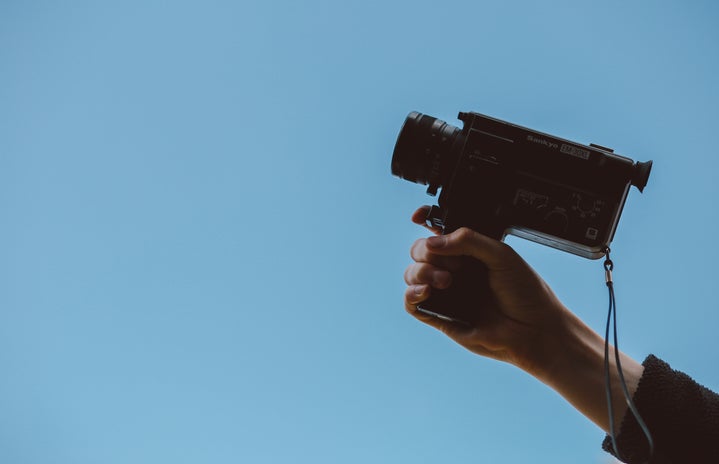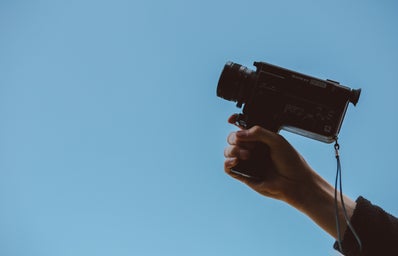Earlier this month on September 4, one of our Disney favorites came to life—the Mulan live-action film was released. Unfortunately, Disney ended up largely missing the mark; it has been gaining criticism for historical inaccuracies, misrepresenting the popular female icon and failing to understand the cultural Chinese concept of “qi” and engaging in rampant stereotyping. But to many, the remake has one glaring issue: its film location.
Many portions were filmed in Xinjiang, China—a known controversial region in China where the government has been accused of several human rights abuses, mainly against the Uighur (or Uyghur) ethnic group. To give you some background context, the Uighurs are a minority Turkish Muslim ethnic group originating from northwestern China, specifically the Xinjiang region. There are about 11 million members of this group living in China today. But since 2017, it has been widely reported that the Chinese government has detained around 1 million Uighurs in camps that they are calling “political education” or “vocational training” centers, according to the Human Rights Watch. This amounts to nearly 10% of the Chinese Uighur population.
Let’s be clear: Uighurs in China are essentially undergoing a cultural genocide.
The fact that Disney proceeded to film in Xinjiang even with the surrounding controversy is a clear indication that we as consumers should be examining Disney’s values. Observant viewers noticed that they even gave “special thanks” to the Publicity Department of CPC Xinjiang Uyghur Autonomy Region Committee along with other Xinjiang agencies. Actions speak louder than words: even if Disney touts itself as an organization with admirable values, they still clearly overlooked a human rights crisis in choosing film locations and even thanked governmental bodies that are at blame. And we can zoom out to view the perpetrators of this blunder as not just Disney, but Hollywood itself. What matters more to the industry: profit or principle? This is the exact question that Senator Josh Hawley of Missouri posed in a letter to Disney CEO Robert Chapek.
Viewers have already begun a media protest against the movie due to the Xinjiang controversy, but this is not where the backlash began. Last year, Liu Yifei, the actress playing the title role, expressed her support for the Hong Kong police in a tweet, angering activists due to the Hong Kong police’s harsh treatment of pro-democracy protestors. This comment sparked the hashtag that has continued to gain traction: #BoycottMulan. Disney expected Mulan to be its next golden egg, but instead, it has caused a crack in solid foundation. Another note—Disney has yet to apologize for its participation in whitewashing the human rights violations taking place in Xinjiang or for failing to condemn its actress’s backing of an anti-democratic institution. Rather, several company executives have expressed disappointment in the “issues” the Mulan controversy have caused for them. Honestly, any apology that may arrive in the future would simply seem ingenuine at this point.
As one of the largest media companies in the world, Disney has built itself up as a force to be reckoned with. Our generation and generations before have grown up with fondness and nostalgia directed at Disney, which is likely why it is so difficult to take issue with the company when it practices some not-so-supportable behavior.
But we have the choice to be conscious media consumers. What do you stand for? What constitutes “crossing the line” to you? Yes, Disney has been the source of childhood joy for so many of us growing up in America as aspiring princesses and warriors. Now that we are young adults, college students and overall just more informed citizens, this is the time to be choosy with the media we support. I’ve never really been one to consider entertainment ethics before I put on a movie, but from now on… I think I will be. Sorry, Disney. I’m team #BoycottMulan.



